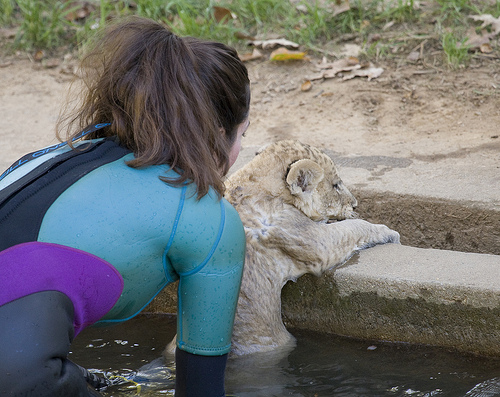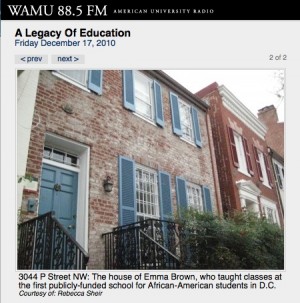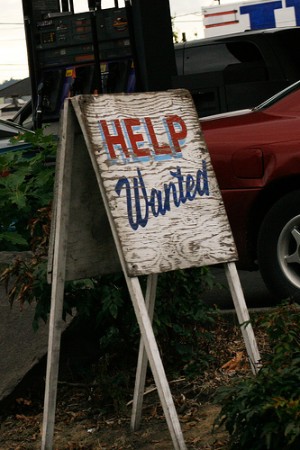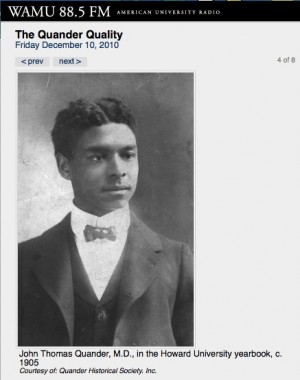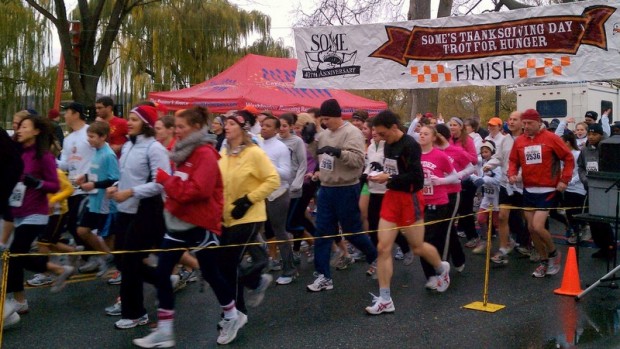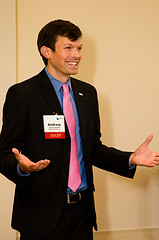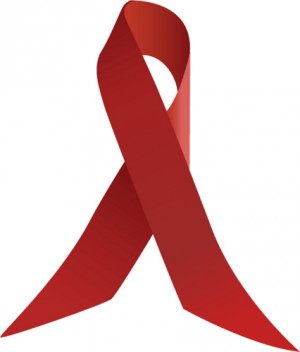
Flickr: mark sebastian
Some presents are way cuter than others, right? Anyway, be careful about when you put this box out!
In case you missed it, this story from WAMU’s Jessica Gould has some timely and wise advice:
Burglaries in Washington are up 14 percent in December compared to a year ago. And D.C. police are urging residents to be careful as they put away their Christmas packages.
Assistant Police Chief Alfred Durham says Santa Claus isn’t the only stranger who wants to slip into your house this season…And Durham says those big boxes are like red flags for burglars.
“So why not keep those packages or the packaging inside the home until trash collection day? That way folks who are doing these casing neighborhoods will not see that, ‘Hey, here’s a good target — they have a brand new 42-inch flat screen TV,’” he says.
Durham also advises residents to keep their doors locked and their alarms on.
This makes so much sense, but it’s not like it would occur to most people that breaking down a box to remove clutter inside the home and putting it outside is a great way to broadcast to the world that someone got a brand new TV, laptop or toy. Be careful, out there.



